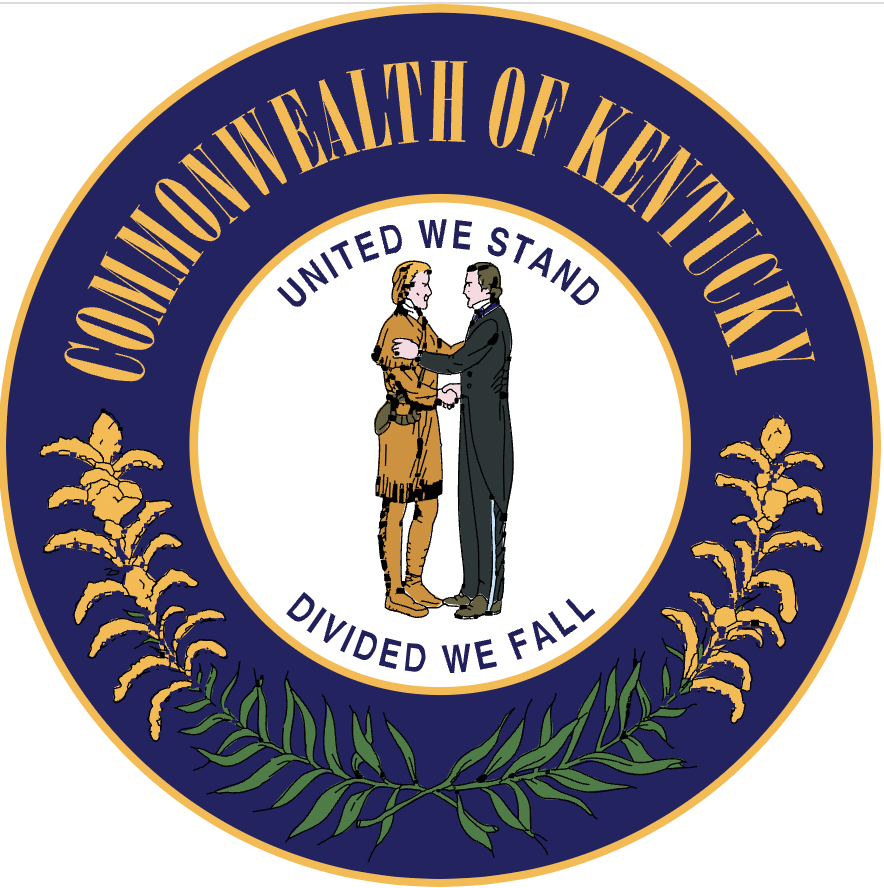Governing Kentucky

For some reason there’s a gubernatorial election in Kentucky this year, and the Republican challengers to Governor Andy Beshear just had a debate. Some of them, anyway.
The primary contenders are Secretary of State Attorney General Daniel Cameron, Agriculture Commissioner Ryan Quarles, former US Ambassador to the UN Kelly Craft, Auditor Mike Harmon and Somerset Mayor Alan Keck. In the interests of full disclosure, I know both Commissioner Quarles and Senator Max Wise (Craft’s running mate) in personal and professional capacities. There’s not a lot of polling, but what’s available suggest that Cameron should win the GOP nomination easily, but that he’ll struggle to defeat Beshear despite the state’s Republican tilt. Of course it’s still early and there’s a lot that can change before the May primary and the November general, but it’s pretty remarkable that Beshear can arguably be considered the favorite at this point.
I am not enough of an expert to comment decisively on the tribes of Kentucky GOPsters, but unlike in 2017 (or in the 2010 Senate election) none of the serious challengers come from outside the McConnell machine. Cameron and Quarles have historically both been close to McConnell, with the biggest surprise of the cycle being that Cameron decided to make a go for it against Beshear this year rather than wait until 2026 to succeed Mitch. Craft is a bit more outsidery but not in the same sense as Matt Bevin or Rand Paul, and she has strong relationships in the state. She also enjoys a connection with Trump (although Trump decided to endorse Cameron) and a strong financial situation. Craft decided not to partake in the debate, although she’s had the largest and most obvious ad buys thus far.
I do want to emphasize that the differences between establishment and anti-establishment Republicans in Kentucky is consequential. Matt Bevin killed the Medicaid Expansion, made war upon the teachers, and nearly destroyed the University Press of Kentucky; none of those were policies of establishment opponent. I can’t find the transcript, but a few of the relevant differences are available in the Herald Leader story. From the point of view of someone’s who’s interested in foreign policy it’s an awfully interesting group. Wrote this a few months back:
Agriculture Commissioner Ryan Quarles has consistently talked up international engagement over the course of his two terms in office, engagement that has included travel to China and elsewhere. Quarles graduated from the Patterson School of Diplomacy and International Commerce, the premier foreign affairs program in the Commonwealth, in 2006. High profile candidate Kelly Craft served for 15 months as the US ambassador to the United Nations and for nearly two years as Washington’s ambassador to Canada. Craft’s running mate, Senator Max Wise, also graduated from Patterson before working for several years in the Federal Bureau of Investigation. Wise has taught course on intelligence and foreign policy at the Patterson School and at Campbellsville University over the last decade.
Craft’s ad strategy has leaned heavily into her FP experience. Here’s the border crisis:
And here’s where she makes the case that she is the ideal choice to lead Kentucky into battle with the People’s Republic of China:
It’s hard to derive concrete lessons from Kentucky on how the GOP will do foreign policy in 2024, in no small part because the message will be much different if it’s Desantis rather than Trump. All I’ll say about this is that progressives who are optimistic about the potential for a left-right coalition for foreign policy restraint are completely deluded about the nature of the Republican party. Those Koch checks may sound sweet but the reason many (but not all) GOPsters are making conciliatory noises about Russia is because they like Russia and want it to win. Once the focus shifts decisively to Beijing, Josh Hawley and his buds will be happy to intervene wherever and whenever it can be argued that it matters to fight China, and they’ll back that up with unquestioning support for higher defense budgets and a more robust national security state.
